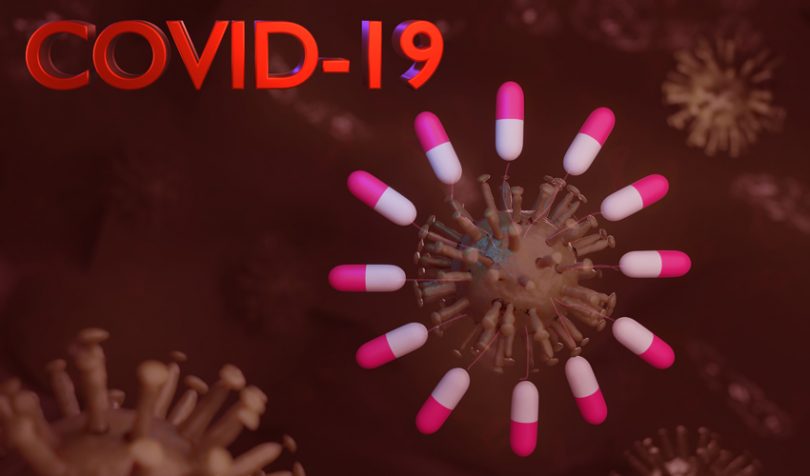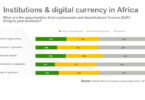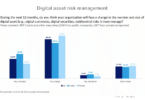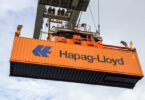Chronicled, the firm behind the blockchain-enabled pharmaceuticals traceability platform MediLedger, yesterday announced a collaboration with Deloitte to address issues in drug supply chains.
One of the chief problems the MediLedger solution addresses is counterfeit drugs, which can enter supply chains when pharmacies or hospitals return drugs to wholesalers. In the past, those counterfeit drugs have been inadvertently re-sold.
It seeks to remedy this by storing information about the drugs on a blockchain, which enables the returned drug to be compared to the original manufacturer’s data by scanning barcodes. In this vein, it responds to the USA’s Drug Supply Chain Security Act (DSCSA), which has several deadlines demanding improved traceability in drug supply chains.
MediLedger currently works with America’s “big three” wholesalers (AmerisourceBergen, McKesson and Cardinal Health), and thus verifies 95% of pharmaceutical returns.
However, Chronicled wishes to expand its scope and provide its services to enable pharmacies and hospitals to detect counterfeits. That is the particular focus of this latest project, which targets counterfeit medications for the treatment of COVID-19.
When Ledger Insights spoke to Chronicled CEO Susanne Somerville back in March, we asked about this as a potential use case. “We’re actually in the midst of talking to hospitals right now because hospitals have a (DSCSA) regulation this November to start verifying any suspect product,” said Somerville. “Our solution would work today. You scan the barcode and you can get the verification.”
As people have become desperate and demand has often outstripped supply, the market for counterfeit drugs for treating the novel Coronavirus has boomed. Chronicled intends to help hospitals and pharmacies make better decisions by providing its blockchain-enabled system to understand which drugs are genuine.
But rolling out to thousands of hospitals and pharmacies is a different scale to working with three large wholesalers. Hence, by partnering, MediLedger can leverage Deloitte’s resources to ensure as quickly and smoothly an implementation as possible. We’ve seen this with other blockchain startups such as trade finance platform Marco Polo, where the solution provider TradeIX partnered with Accenture for the same reason.
In addition to this enlarged product verification scheme, Chronicled is launching a “Contracts & Chargebacks” solution that aims to streamline supply chain processes.
Over 5% of chargeback processes in the American pharmaceutical sector are disputed due to different business rules and misalignments of data between actors. Most pharma companies have pricing agreements with wholesalers and group purchasing organizations (GPO), which operate on behalf of hospitals and receive discounts. It is the discounts or chargebacks, price changes, and whether a hospital is a member of a GPO at the point of purchase that often results in disagreements.
The Contracts & Chargebacks solution aims to eliminate such disputes by providing shared, immutable sources of information and contracts to parties involved in pharmaceutical deals. Sensitive pricing information is not stored on the blockchain but communicated peer to peer by the parties to a contract using the platform’s blockchain identities. However, the wholesaler can check they are using the correct version of the contract and pricing terms by checking the blockchain. Chronicled claims this will allow it to “eliminate” disputes over chargebacks in the drug supply chain process.
Discussing the collaboration as a whole, Somerville said “Combining Chronicled’s innovative product verification and contracts and chargebacks solutions and Deloitte’s deep experience with implementation and the complexities of these business processes, we have the ability to create tremendous value for the industry and the world.”
Early this year, the firm published results of its FDA DSCSA pilot in which it worked with the “big three” wholesalers as well as the likes of Walmart and FedEx.







